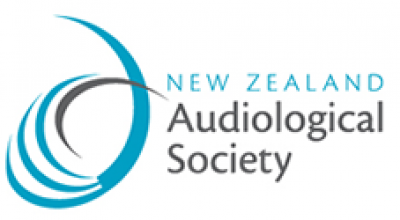Hearing Health Checklist
 Hearing loss and other issues can develop at any time for a variety of reasons. Sudden changes in hearing are usually obvious but many changes develop over time and other people may realise you have hearing difficulties before you do.
Hearing loss and other issues can develop at any time for a variety of reasons. Sudden changes in hearing are usually obvious but many changes develop over time and other people may realise you have hearing difficulties before you do.
Children and infants especially may not realise they have an issue with their hearing. It is important for adults to keep an eye on how children are responding to their environments, because hearing is a key element in language and literacy development.
An adult's hearing can deteriorate for a variety of reasons such as age, noise exposure or injury, and without intervention can lead to social isolation. Adult hearing loss can also sometimes be linked to cognitive decline.
It’s important to remember the issues discussed here do not always mean you or your child has a hearing loss, but they can point to potential issues, so if you have concerns, it’s important to get your hearing checked by a professional.
Hearing issues can usually be helped with hearing devices such as hearing aids, cochlear implants or assistive devices such as personal amplifiers.
You or your child should be assessed by a professional if any of the following apply.
Children and Infants
Newborn (up to 6-months old)
- Doesn’t startle, move or cry when there are loud, unexpected sounds
- Doesn’t waken to loud noises
- Cannot be soothed by voice alone
- Doesn’t turn in the direction of your voice by 4-6 months
Young infant (6-12 months)
- Doesn’t point to familiar people or objects when asked
- By 12 months doesn’t understand simple phrases like “wave bye-bye” or “clap hands”
Infant (13 months to 2 years)
- Is not alert to the sounds around them
- Doesn’t respond to sound or locate where it’s coming from
- Cannot imitate and use simple words for familiar people or things
- Is not showing a growing understanding and use of words to communicate
- By 2 years old cannot repeat words or phrases and doesn’t use short phrases when talking
- Uses only gestures to communicate
Child (3 years old and above)
- Speech is not like other children of a similar age
- Doesn’t listen to TV at a normal volume
- Seems unable to understand verbal questions or instructions
For children especially, issues like family history or infections during pregnancy or in infancy can point to potential hearing issues.
Adults
- Often needs people to repeat what they said
- Has trouble understanding a conversation or mishears people in a group or when there’s background noise
- Feels people are not speaking clearly or are mumbling
- Needs the TV volume higher than other people to hear comfortably
- Becomes frustrated or avoids some social occasions because there’s too much noise or they can’t keep up with the conversation
- Becomes tired or stressed after listening or being in a conversation for an extended period
- Needs to be close to the speaker at meetings, seminars, in restaurants or in religious services to understand
- Needs to see people’s faces to understand what they’re saying
- Finds it difficult to know where sounds are coming from
- Family or friends ask if the person has a hearing problem

